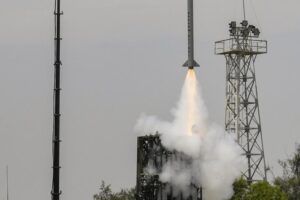Biodiversity in Sustainable Agriculture: Why It Matters
Sustainable agriculture is the practice of farming that ensures the preservation of the environment while providing for the present and future needs of society. One of the key aspects of sustainable agriculture is biodiversity, which refers to the variety of living organisms in a given ecosystem. Biodiversity is crucial to the health and productivity of…




